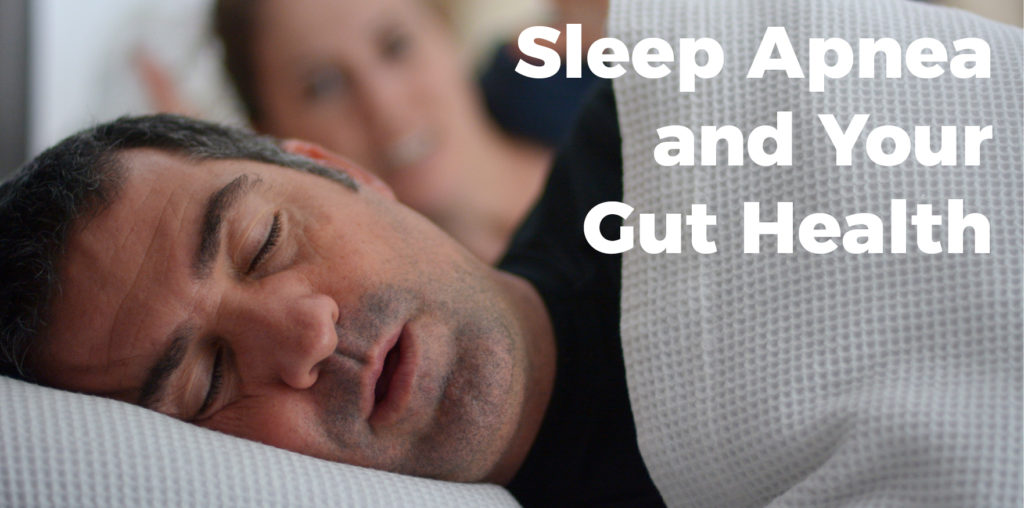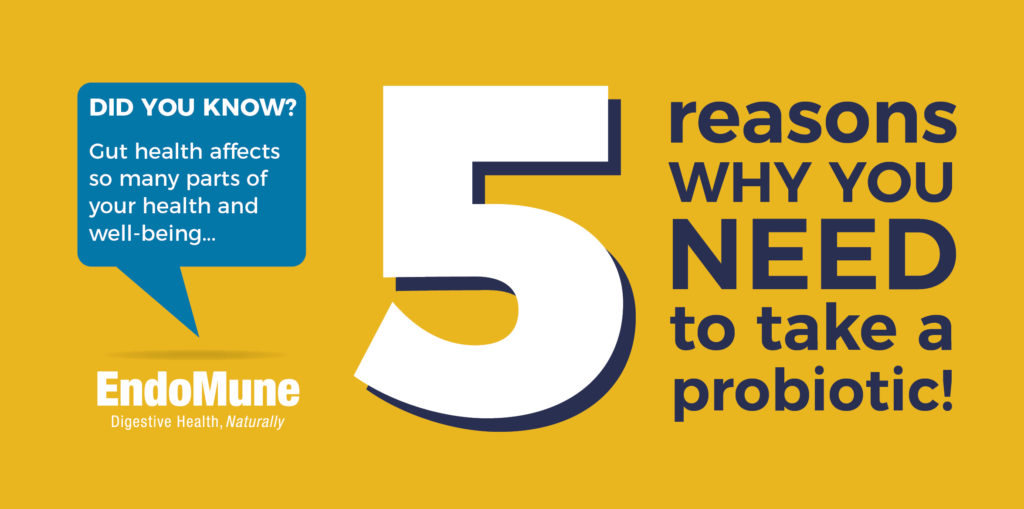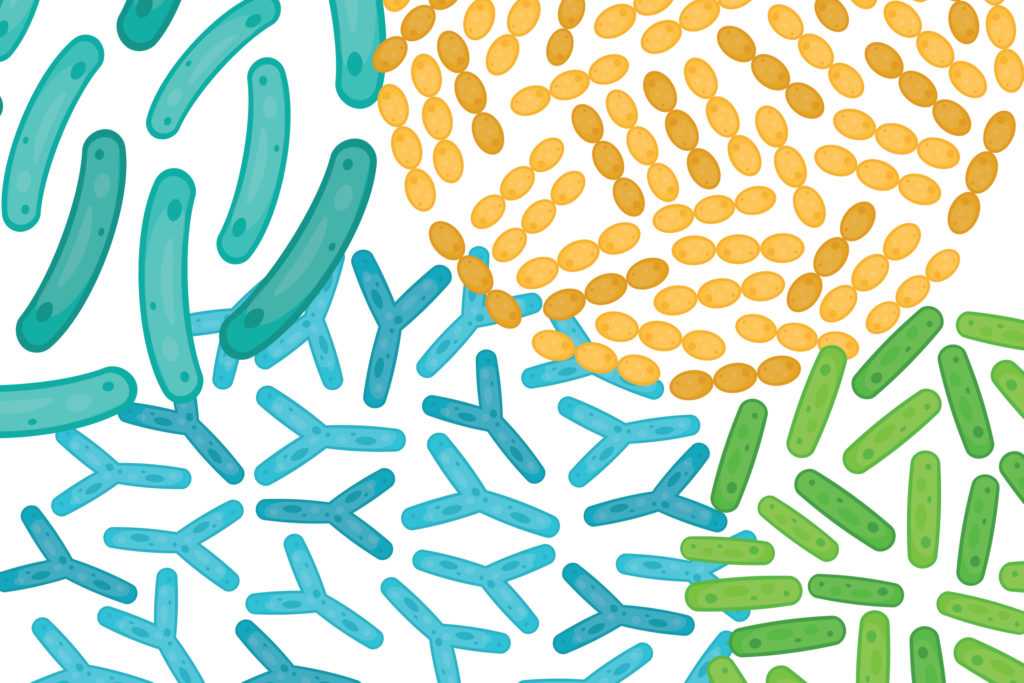Sleep Apnea and Your Gut Health
Have you heard complaints from your loved ones about not getting enough sleep due to the sound of your snoring? Anywhere from 50-70 million Americans deal with a sleep disorder, and nearly a third of them struggle with some form of sleep apnea, a condition in which your breathing starts and stops repeatedly and involuntarily throughout the night.
Different forms of sleep apnea have unique symptoms but some crossover, like insomnia, headaches and excessive daytime sleepiness.
When the natural circadian rhythms that govern your body’s sleep-wake cycles get disturbed by something as minor and temporary as jet lag, your gut feels it. Mess those rhythms up and you run the risk of more health problems, and serious ones too.
New evidence shows sleep apnea — a more serious health problem — may also affect your gut.
I can hear you snoring!
Curious about the effects of sleep apnea on gut health, scientists at the University of Missouri launched an experiment using three sets of mice to examine how the gut microbiome reacts.
Researchers exposed male mice to two environments — one with normal room air or the other restricting their airflow (designed to mimic sleep apnea) — for six weeks.
Then, scientists took those fecal samples from both animal groups, and evenly transplanted them into the third group of young mice, then monitored their sleep for three days.
No surprise, the mice that received transplants from male mice with restricted airflow experienced a common symptom of sleep apnea: Increased sleepiness during regular times of the day when they should be wide awake.
“By manipulating the gut microbiome, or the byproducts of the gut microbiota, we would be in a position to prevent or at least [treat] some of the consequences of sleep apnea,” said Dr. David Gozal, the lead author on this study.
In fact. Dr. Gozal suggested the combination of a continuous positive airway pressure (CPAP) machine and a probiotic could offer patients some important benefits.
The human side of things
Not only could probiotics and a CPAP device eliminate much of the daytime fatigue due to a lack of sleep, but both could also reduce the likelihood of other health issues linked to sleep apnea.
The most serious problem: The cluster of symptoms that increase your risk of stroke, type 2 diabetes and heart disease known as metabolic syndrome.
If you’re on the lookout for an excellent probiotic, be sure that it contains multiple strains of beneficial bacteria that protect the balance of bacteria in your gut.
Also, check product labels to ensure any product you consider contains prebiotics, the unsung heroes that do the dirty work behind the scenes of feeding the good bacteria in your gut and stimulating their growth.
Plus, taking a prebiotic every day has been shown to improve the quality of sleep too!
EndoMune Advanced Probiotic is uniquely fortified with 10 strains of beneficial bacteria plus a proven prebiotic(FOS) so you can work on improving your sleep.
References
- Experimental Neurology
- University Of Missouri School of Medicine
- Mayo Clinic
- MedlinePlus
- sleepapnea.org
- American Sleep Association
Sleep Apnea and Your Gut Health Read More »






